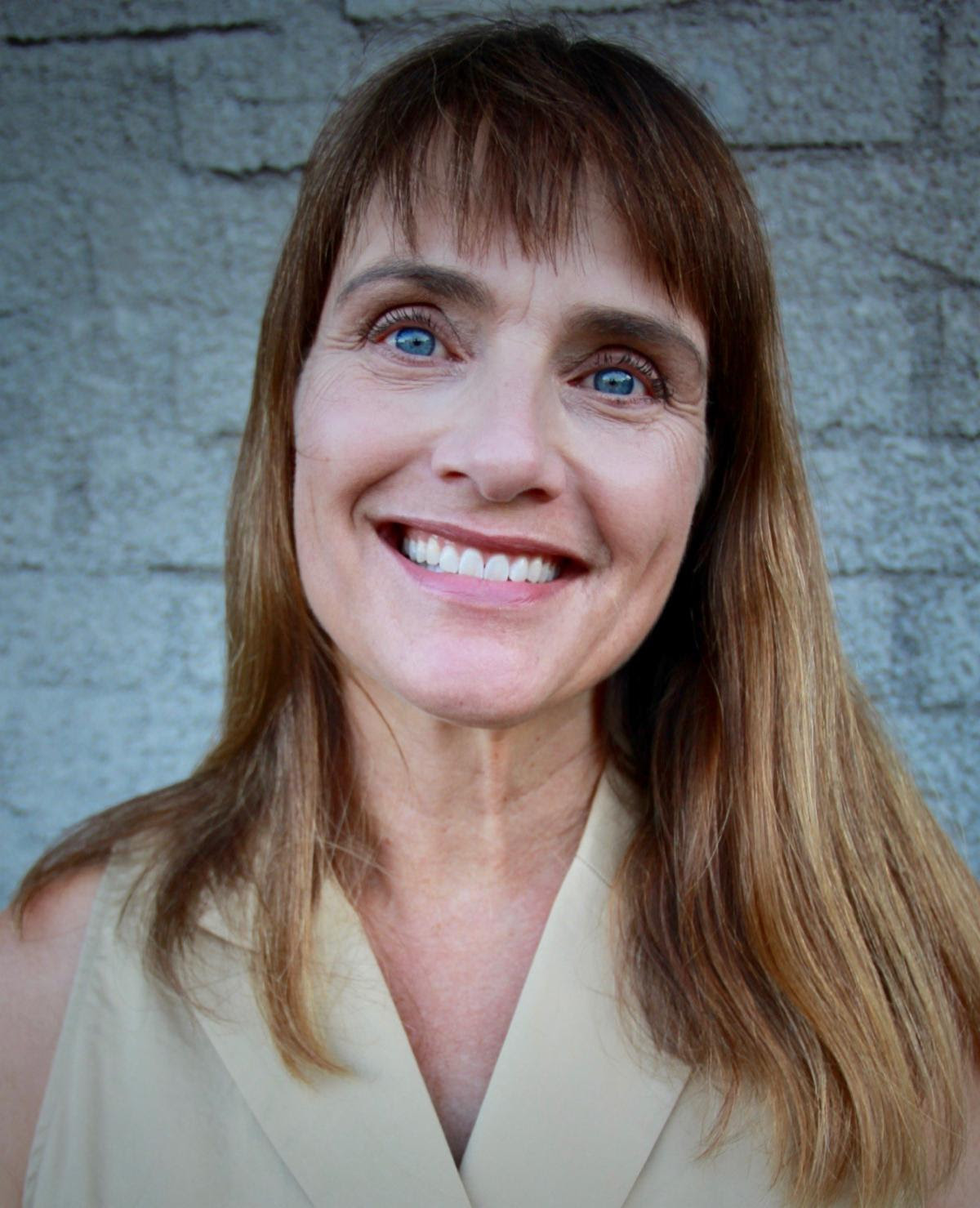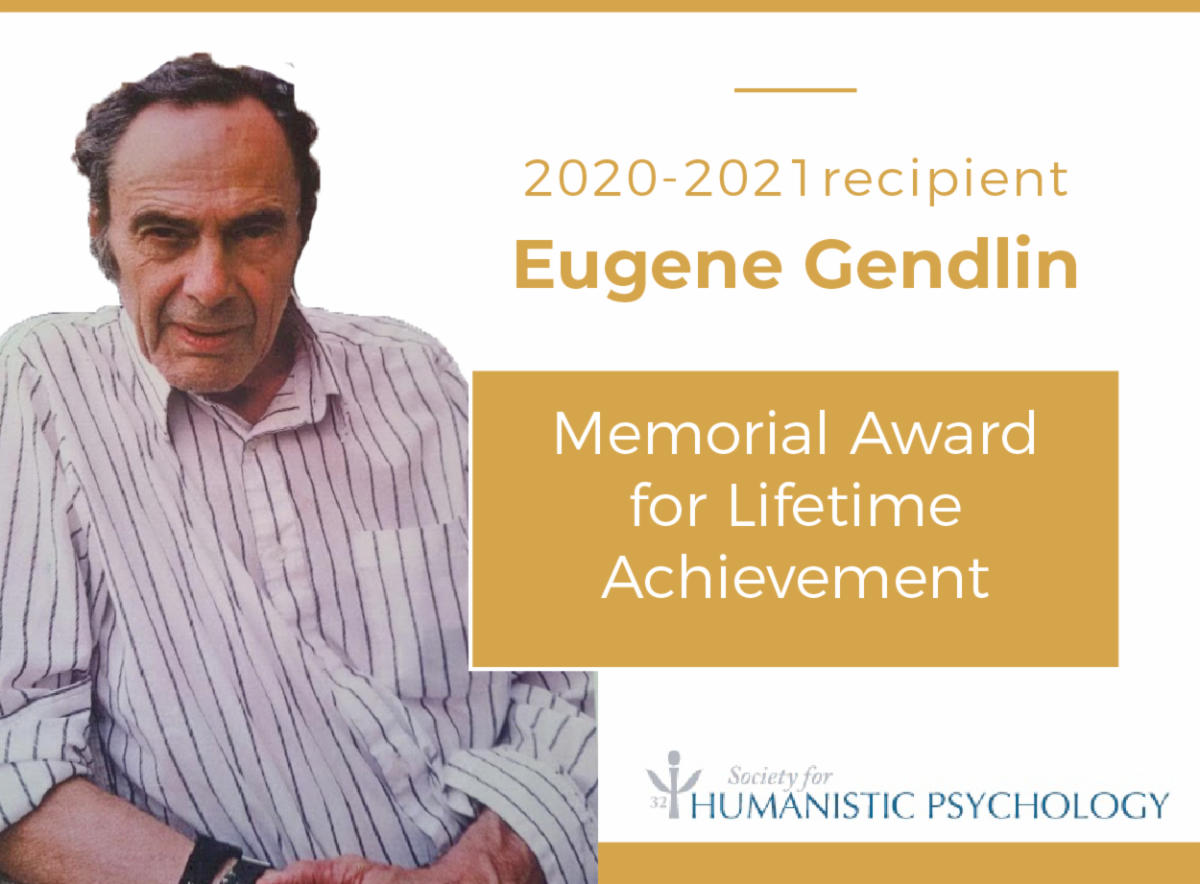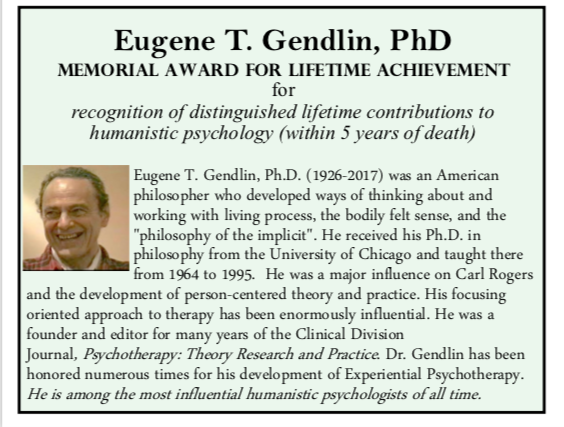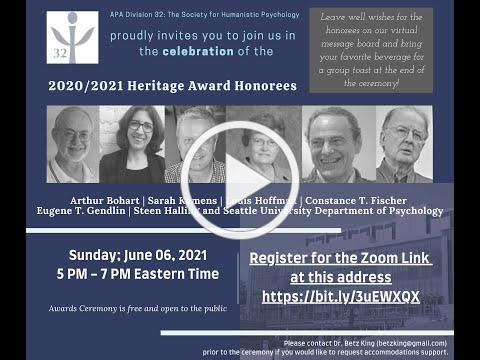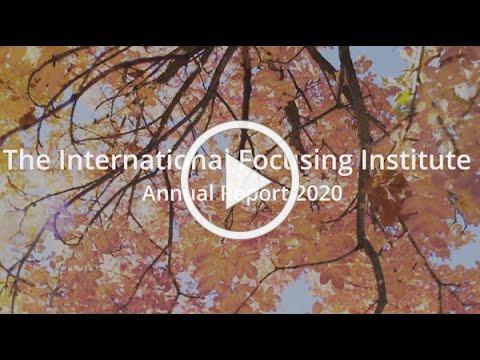
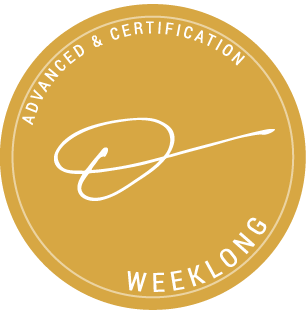
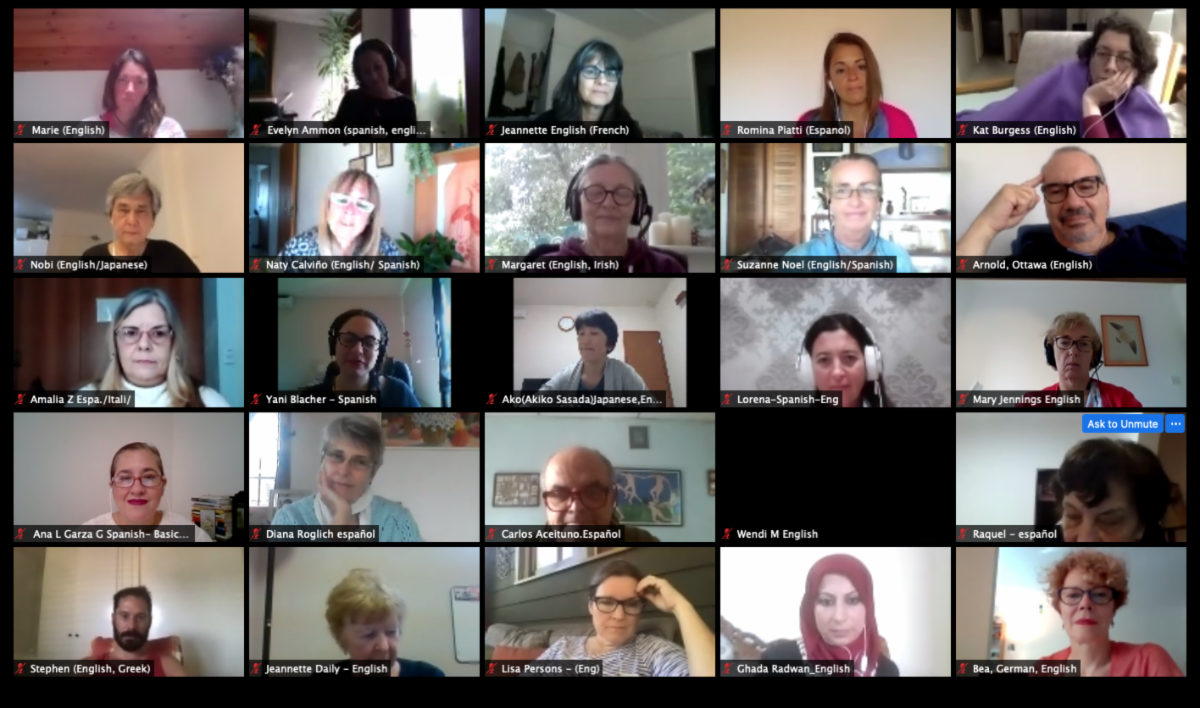
The Weeklong Features
|
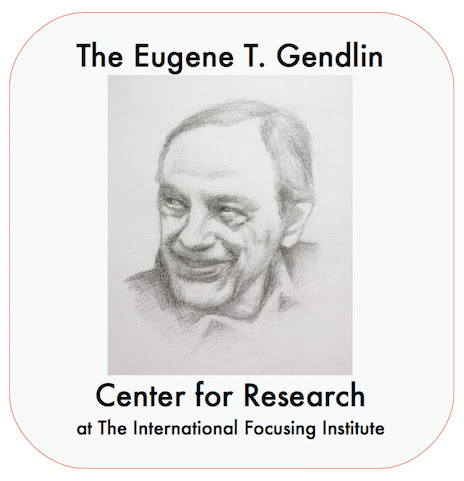
Exciting New Research on Focusing
by Leslie Ellis
In 2019, Siebrecht Vanhooren of KU University Leuven was the first recipient of the Gendlin Grant, funded by your donations
By making a regular daily practice of checking in with your bodily felt sense of the various life situations you encounter allowing this felt sense to guide your decisions, you are more likely to experience satisfaction with life and less likely to experience distress and existential anxiety. Such are the conclusions supported by a recent study that surveyed 385 Dutch-speaking participants about their experience with Focusing.
The study (Vanhooren, Grosemans & Breynaert, 2021) is the first publication among several being conducted by a research group focused on meaning and existence in the context of clinical and existential psychology. The group, led by Dr. Siebrecht Vanhooren (pictured), is based at KU Leuven, the top research university in Belgium. The study received funding from The International Focusing Institute through the Gendlin Grant administered by The Eugene T. Gendlin Center for Research in Experiential Philosophy and Psychology.
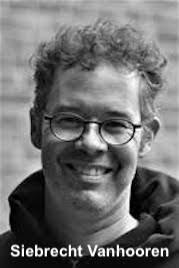 This cross-sectional study begins with this statement: “Making sense of our existence is one of the most demanding aspects of being human. Studies have shown that meaning is robustly associated with well-being and mental health.” Vanhooren was able to support his main hypotheses that to the degree that one adopts a Focusing attitude (defined as the practice of contacting one’s felt sense), one would experience greater life satisfaction and less distress and existential anxiety. The researchers also successfully predicted that this collection of positive effects is partially mediated by the experience of meaning. What surprised Vanhooren was that while the Focusing attitude alone strongly affected all three outcome variables, the mediating effect of meaning in life was not as strong as expected.
This cross-sectional study begins with this statement: “Making sense of our existence is one of the most demanding aspects of being human. Studies have shown that meaning is robustly associated with well-being and mental health.” Vanhooren was able to support his main hypotheses that to the degree that one adopts a Focusing attitude (defined as the practice of contacting one’s felt sense), one would experience greater life satisfaction and less distress and existential anxiety. The researchers also successfully predicted that this collection of positive effects is partially mediated by the experience of meaning. What surprised Vanhooren was that while the Focusing attitude alone strongly affected all three outcome variables, the mediating effect of meaning in life was not as strong as expected.
Of all the Focusing variables considered, (Focusing training, partnership, frequency, perceived impact on one’s life and Focusing attitude) it was the Focusing attitude that had the strongest positive associations with life satisfaction and the strongest negative associations with distress and existential anxiety. The study also supported the suggestion that Focusing can be learned via training, and that Focusing partnership needs further study as, surprisingly, this was the one variable negatively related to life satisfaction.
The other surprise for Vanhooren was the large effect size between Focusing frequency and the perceived impact of Focusing on one’s life. He speculated that Focusing might be a self-motivating process saying, “Once you are aware of the impact Focusing has on your life, it could stimulate you to do more of it.” He said this has implications for how Focusing training is conducted. “We are trying to find ways to help people focus more frequently, even in small ways, and also to become more aware of the impact it has in their daily lives.”
This study is the first of several underway in Vanhooren’s lab. Other research projects in various stages of progress include:
• a pilot study with 77 participants on Focusing, meaning in life, existential concerns and depression
• a MOOC (massive open online course) study on Focusing, meaning in life, existential concerns and depression
• a mixed-method study on experiential-existential group therapy with cancer patients • a longitudinal study on the effect of Focusing training on life satisfaction, meaning in life, existential concerns and mental distress
When asked what the overall mission of his research is, Vanhooren said, “We in the person-centered, Focusing-oriented and existential therapies have a big role to play now and in the future, especially around helping with the existential concerns of people.” This meaningful area, made more relevant as the entire world wrestles with the experience of a global pandemic, is one that these approaches have been shown to be most helpful with. “We can help people get to their core issues more quickly, and to help those suffering from death anxiety and a sense of meaninglessness.”
One of the biggest takeaways is that adopting a Focusing attitude in everyday life has many beneficial effects, in particular around the biggest questions – those of life and death, and existential meaning. Vanhooren suggests we might adopt a deliberate practice of checking in with ourselves as part of our daily routine and encourage our patients to do the same. This simple act may have far-reaching and profoundly helpful effects.
This research was made possible by your generous donations to the Gendlin Research Center. Please help us to continue to support this kind of valuable work.
Reference
Vanhooren, S., Grosemans, A., & Breynaert, J. (Accepted, May 2021). Focusing, felt sense, and meaning in life. Person-centered & Experiential Psychotherapies.
| Dr. Leslie Ellis is an author and teacher whose current focus is teaching mental health professionals about the clinical use of dreams and focusing. She is past president of TIFI and author of A Clinician's Guide to Dream Therapy. |
On Sunday, June 6, 2021, a Lifetime Achievement Award was presented at a special Awards Ceremony. hosted by the Society for Humanistic Psychology, a division of the American Psychology Association. TIFI's Executive Director Catherine Torpey and Gendlin Center Chair Kevin Krycka accepted the award on behalf of the Institute. The award itself will be sent to Gene's son, Gerry Gendlin.
At the beginning of his career, in 1970, Gene was the first recipient of the "Distinguished Professional Award in Psychology and Psychotherapy" from the APA's Division of Psychotherapy (Division 29). Receiving this award now puts a meaningful cap on the recognition Gene has received from the APA. We are grateful and humbled to accept this award together with his family.
The organizers were overwhelmed by the number of people who signed up to attend the ceremony. While 250 registered, they were only able to accommodate 100. But don't worry if you didn't get in; please watch the video below. We've set the video to begin with the award for Gene. Scroll back if you'd like to see the other awardees be honored.
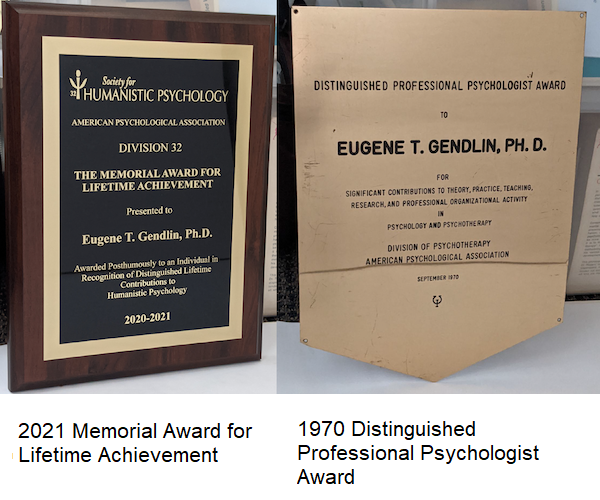
The Focusing Partnership Network
Revised and Updated
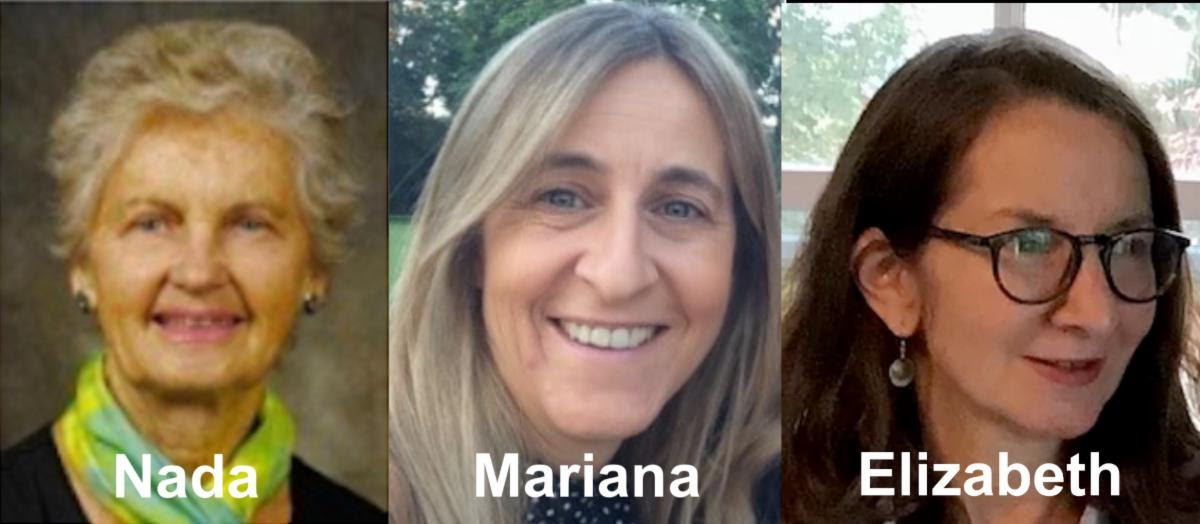
The Partnership Network Subcommittee of the Membership Committee has been working to make the TIFI Focusing Partnership program more accessible, understandable, and useful.
Since the Proficiency in Focusing Partnership (PFP) Award program began in 2010, it has been awarded to approximately 139 Focusers by at least 12 Coordinators and 35 Focusing Trainers.
The two key components of this program are the Partnership Network and the Proficiency in Focusing Partnership (PFP) Award. Neither the Award nor the Partnership Network are new for the Institute, but both have some new aspects.
We first invited Coordinators and Coordinators-in-Training to some meetings, and then met with Trainers in Zoom meetings. We offered four meetings at different dates and times to listen to those who have recommended their students for the Award, and to answer the questions of those who have not. We thank everyone who met with us!
Our goal was to show how, for one studying Focusing, the PFP Award is a meaningful step towards a positive desire for further Focusing exploration and training.
The TIFI websitehas been updated and we invite you to visit and review the most important aspects of the program. If you have any questions or would like further explanation regarding any aspects of the program, please let us know by emailing [email protected].
Sincerely,
Mariana Pisula, Nada Lou, Elizabeth Cantor
Partnership Network Subcommittee
(a subcommittee of the Membership Committee)
Glimpse into this Month with the Board

With the addition of two new Board members, we continued to distinguish both the role of the Board and the operational function of the Executive Director. Throughout this past year, the Board has been refining and documenting its various processes, including the process of evaluating the Executive Director.
This month, the Board decided to schedule a meeting with all members of TIFI who wish to attend. Watch for information about two meetings (to accommodate our entire global community) which will take place later in the year.
Additionally, the Board heard reports from the Executive Director on website improvements, recent and future programs, finances, and the status of feedback and future opportunities for feedback regarding the Diversity Statement draft.
Finally, the Board continues to have “strategic conversations” by doing a SWOT analysis - a look at Strengths, Weaknesses, Opportunities, and Threats. A SWOT analysis is useful periodically to ensure the ongoing success of the organization. These conversations will help the Board to identify its focus over the next 10-20 years to keep TIFI relevant and successful, and in serving TIFI’s mission to promote Gene Gendlin’s philosophy of the implicit through Focusing and TAE.
Thank you for making our work possible through your donations, volunteering and by spreading the word about Focusing. Despite a difficult year, we as a community carried life forward.
Here's a video celebrating our successes, based on our 2020 Annual Report. Together, we did all this!
For a written report on our work in 2020, please click here.
What is the Role of a Coordinator?
Conversations with the ILC

The International Leadership Council (ILC) is having a series of meetings with Coordinators and Coordinators-in-Training to discuss their work and their role within the Institute. Coordinators are advanced teachers of Focusing who can offer certification through the Institute, although there are also many Coordinators who do not teach Focusing, but rather teach Thinking at the Edge or Gendlin's philosophy or contribute to the spread of Focusing in other ways. Coordinators once were chosen by fiat by Gene Gendlin or Mary Hendricks, and are now primarily chosen by other Coordinators. We are exploring how their roles and work have evolved and what is (or will be) right as we carry things forward.
These meetings have been well-received and an enjoyable chance for the 200 Coordinators around the world to have meaningful conversations. We reported in detail on the first meeting in the March newsletter. We have continued to have more meetings throughout June, all of which had small attendance, but the more intimate meetings allowed us to go deeper into conversation.
One of the conversations was in Chinese and led by Yongwei Xu, and we've also had a meeting in German and another in Spanish. We are collecting all of the Coordinators' input and will consider all of it with care, in a Focusing way. We will be reporting out to Coordinators and to the Board, so that together we can be responsive to what is wanting to emerge.

MILESTONES
We are pleased to congratulate the following new Coordinators and Coordinators in Training to the International Focusing Institute.
We wish them all the very best in their ongoing endeavors!
New Coordinators
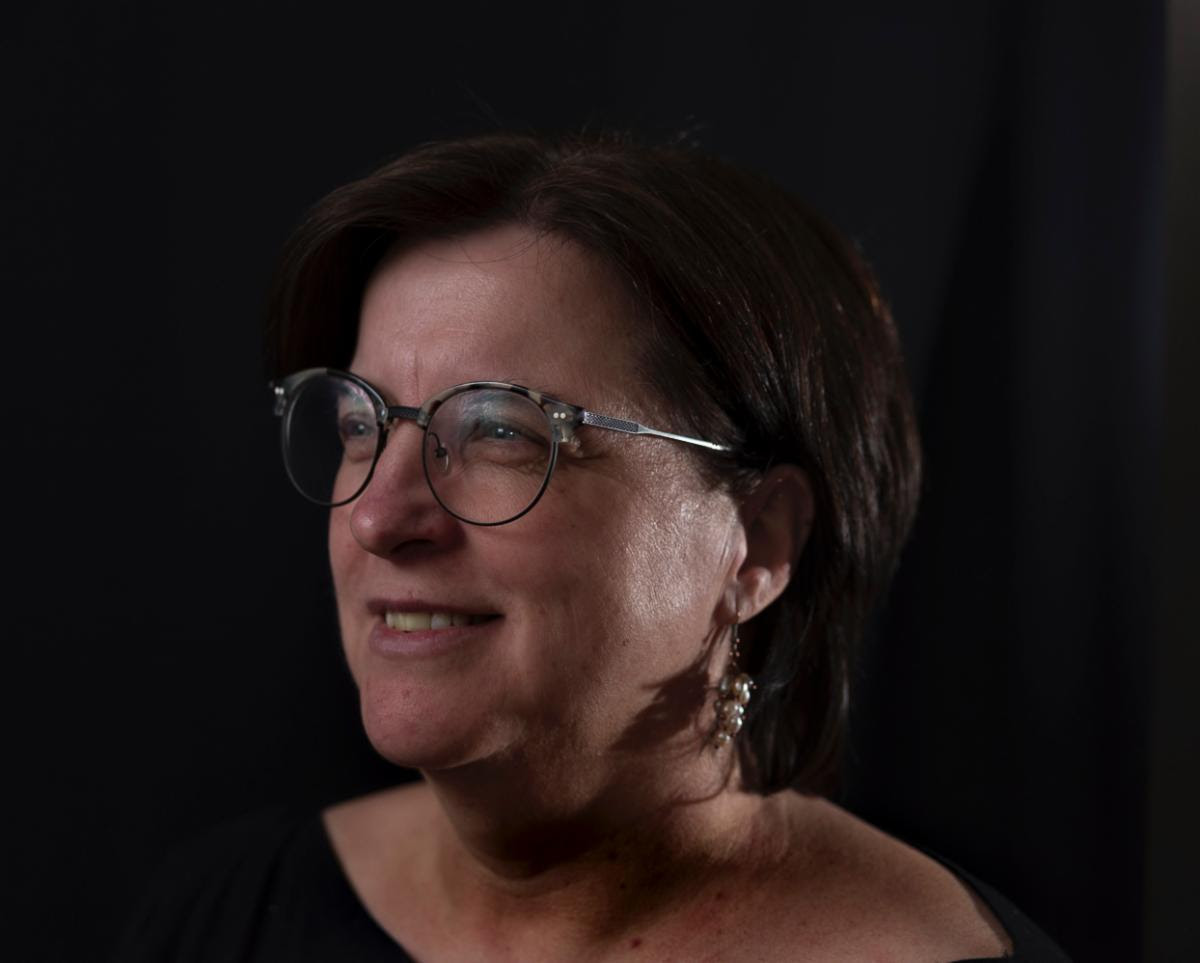 |
Jessica Delooz, Belgium Nederlands
Mentoring Coordinator - Astrid Schillings and Rene Veugelers In addition to being a Focusing Coordinator, Jessie works as a psychiatrist-psychotherapist trained in systemic-oriented psychotherapy, trauma and hypnotherapy in her practice 'Inner Garden.' She integrates Focusing in training other psychotherapists working with complex trauma, grief and loss. Her mission is to inspire colleagues to get a glimpse of what Focusing can add to whatever training they have. |
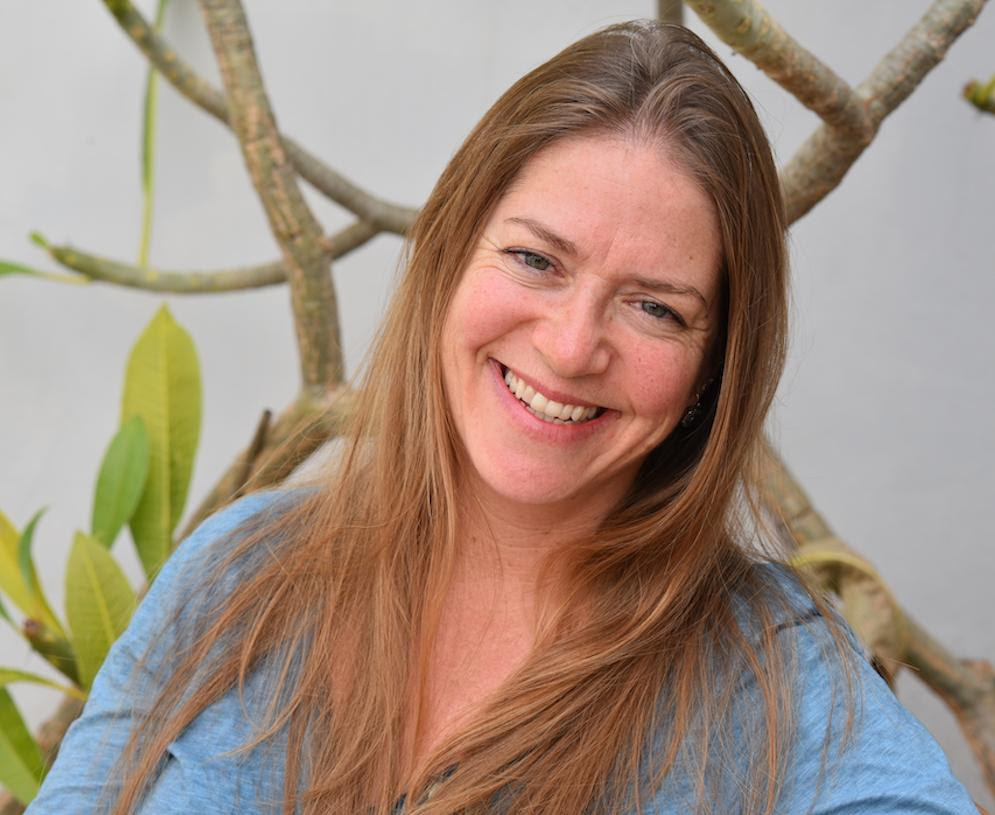 |
Dana Keissary, Israel עִברִית Dana Keissary, a certified psychotherapist in the biosynthesis approach and Focusing. She is certified by the International Focusing Institute for FOT - Focusing Oriented Psychotherapy. She mainly treats post-traumatic warriors and teaches Focusing courses for therapists at Reidman College in Kiryat Ono, Israel. |
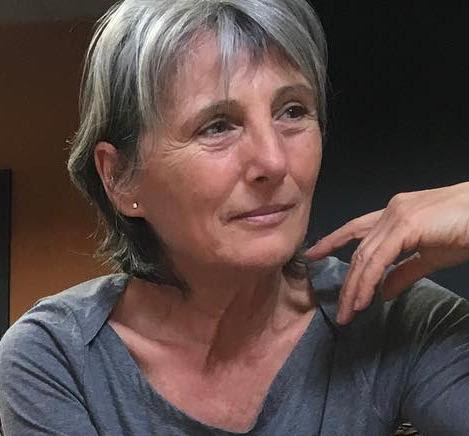 |
Paula Travaglini, Argentina Espanol
Mentoring Coordinator - Elena Frezza
"Focusing takes me to a physically felt place where mind, body and spirit meet". From that place as a counselor, based on the person-centered approach, I dedicate myself to helping those who want to grow, develop and connect with their desires, both in groups, individually, and as a teacher in training in Focusing. More than 20 years have passed and I can feel everything received and given, the desire to continue spreading, transmitting and accompanying in learning. I have the absolute certainty that this has been and is my path. |
|
New Coordinators in Training Rosa Catoio, Italy |
|




